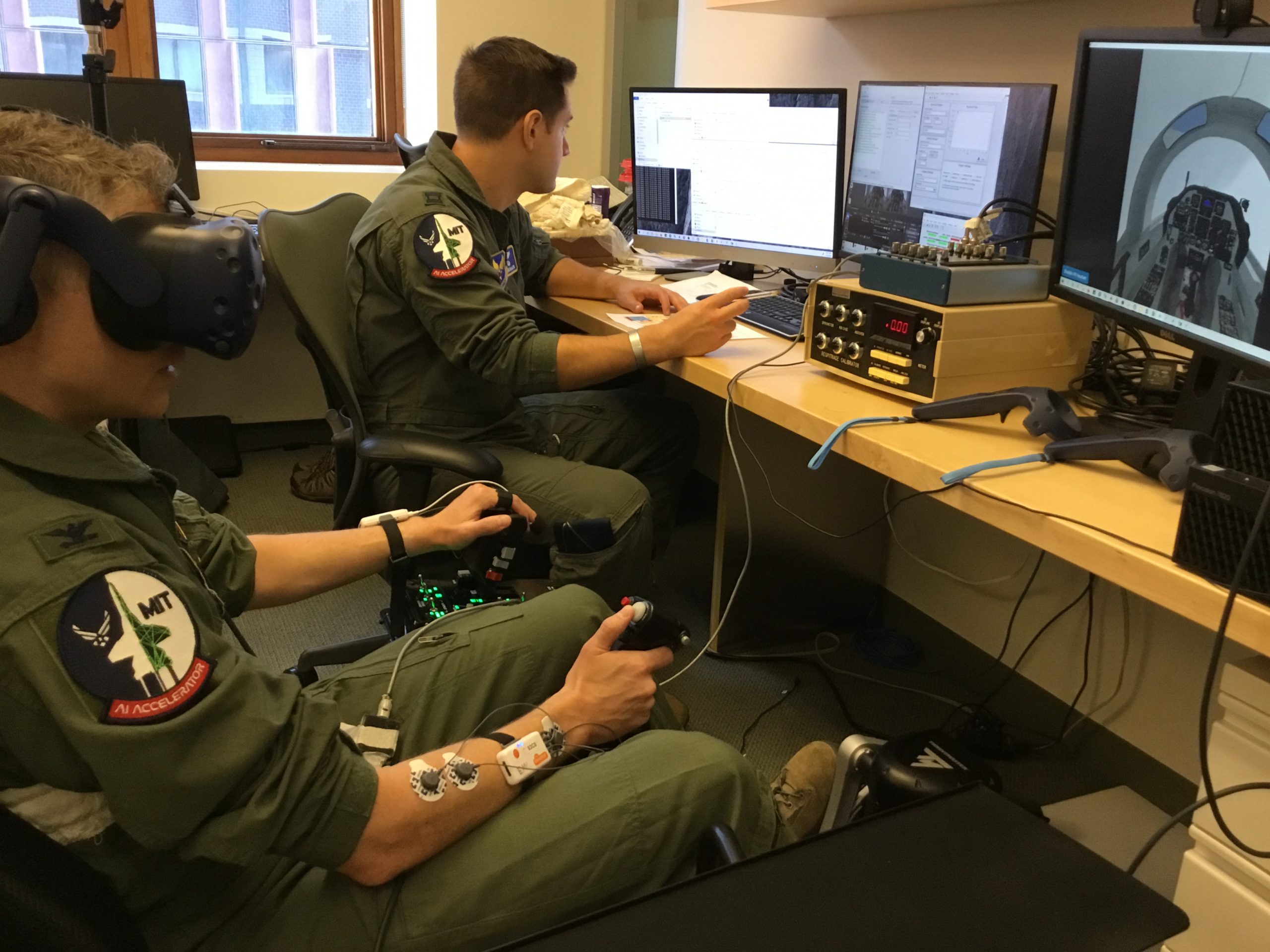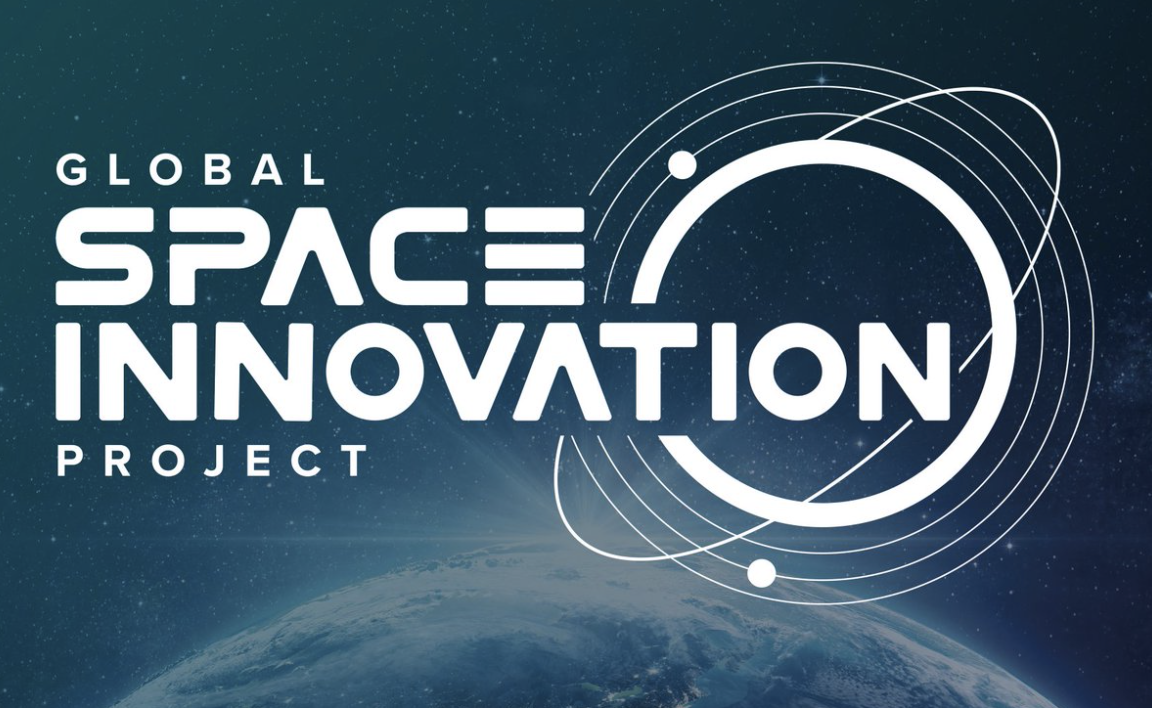The head of the Defense Department’s Silicon Valley innovation hub addressed news of Google’s interest in competing for a pending DOD cloud contract.
Defense Innovation Unit Director Michael Brown said Google’s managers are “excited” to be back in the hunt for DOD contracts. Speaking during the 2021 Aspen Security Forum on Nov. 4, he attributed to the Pentagon, in part, past protests by the software maker’s employees that ended its participation.
The New York Times first reported Nov. 3 that Google is “aggressively pursuing” the Joint Warfighting Cloud Capability, the DOD’s replacement for its now canceled Joint Enterprise Defense Infrastructure program. JEDI was canceled after getting bogged down in a legal challenge.
“We strongly believe a multi-cloud strategy offers the department the best solution today and in the future,” a Google spokesperson told Air Force Magazine in response to a query about Brown’s comments or to confirm that Google is competing for the new cloud contract. “We are firmly committed to serving our public sector customers, including the DOD, Department of Energy, NIH, and many other government agencies, and we will evaluate any future bid opportunities accordingly.”
The DOD announced in July that it was creating the Joint Warfighting Cloud Capability, “which will be based initially on direct awards to fill our urgent, unmet requirement for a multi-vendor enterprise cloud spanning the entire department in all three security levels with availability from CONUS to the tactical edge, at scale,” said a Pentagon spokesperson at the time. It’s intended to facilitate the DOD’s joint all-domain command and control concept and initiatives to accelerate the adoption of artificial intelligence.
Brown, who withdrew his nomination to lead DOD acquisition in July because of an investigation into a complaint that he circumvented federal hiring regulations, replied to an audience member’s question about what’s changed—why he believes Google is “excited” now when in the past, the company dropped out of the Project Maven artificial intelligence initiative over the employee protests.
“Well, fortunately, I think it’s two things,” Brown said. “One is, I think they were caught flat-footed by the fact that a well organized group of vocal protestors—who are a fewer number of employees than their own [military] veteran population and families of veteran members at Google, a very large company, obviously—started to dictate an agenda of activism, which I don’t think the management was a hundred percent behind, but they were flat-footed,” Brown said.
“And I’ll lay some of the blame at the Defense Department’s feet,” he continued. “I think we could have been more outspoken at the time about how important it is for missions to provide our intelligence analysts and military folks with capabilities so they’re analyzing what they’re seeing and not spending time looking at individual pixels. And anytime we can minimize any collateral damage, we should be excited about that mission as well.
“So I think that’s changed, but I think they also see a tremendous business opportunity. Why should the Google management sit there and say no while Microsoft and Amazon are very excited about bringing unlimited compute power.”
Meanwhile, he said Google has gone through DOD certifications for its platforms, “and they’ve said, ‘We didn’t do that just for show. … And let’s face it, from a taxpayer standpoint, to maximize competition—that’s going to be the way we get value and stretch the defense dollar.”








